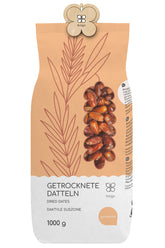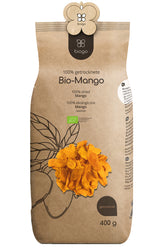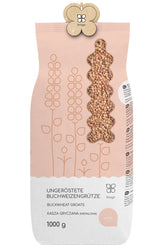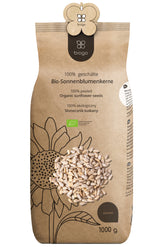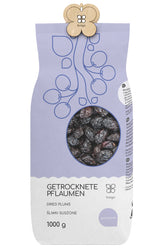Natural sweeteners: Xylitol, Erythritol and Co. - Which are the right choice?
In a time when more and more people are paying attention to their health and nutrition, natural sweeteners are becoming increasingly popular. Instead of household sugar or artificial sweeteners, many are turning to alternatives such as xylitol, erythritol, or coconut sugar. But which ones are actually the better choice? In this guide, you will learn about the advantages and disadvantages of different natural sweeteners and how to make the right decision for your needs.
What are natural sweeteners?
Natural sweeteners are sugar substitutes derived from natural sources. Unlike household sugar or artificial sweeteners such as aspartame or saccharin, they typically contain fewer calories and have a lesser impact on blood sugar levels. Among the most well-known natural sweeteners are:
Xylitol
Xylitol is a sugar alcohol derived from birch sap or corn cobs. It has about 40% fewer calories than table sugar and has a minimal impact on blood sugar levels. Xylitol is commonly used in sugar-free chewing gums and candies.
Erythritol
Erythritol is also a sugar alcohol that is produced by the fermentation of sugar. It has only about 6% of the calories of table sugar and hardly affects blood sugar levels. Erythritol is often used in combination with other sweeteners.
Coconut sugar
Coconut blossom sugar is obtained from the sap of the coconut palm flowers. It has a slightly caramel-like taste and contains, in addition to fiber, small amounts of vitamins and minerals. Coconut blossom sugar has about half the calories of regular sugar.
Stevia
Stevia is a natural sweetener extracted from the leaves of the stevia plant. It is up to 300 times sweeter than table sugar but contains no calories. Stevia is commonly used in beverages and foods for diabetics.
Advantages and disadvantages of natural sweeteners
Each of the mentioned natural sweeteners has its own advantages and disadvantages. Let's take a closer look at them:
Xylitol
Benefits:
- About 40% fewer calories than household sugar
- Low impact on blood sugar levels
- Promotes dental health
- Can inhibit bacteria in the mouth
Disadvantages:
- May have a laxative effect at too high a dose
- May cause digestive discomfort
- May be toxic to pets
Erythritol
Benefits:
- Only about 6% of the calories from household sugar
- Hardly any influence on blood sugar levels
- Not metabolized by the body
- Promotes dental health
Disadvantages:
- May cause diarrhea if taken in excessive doses
- The taste is perceived by some as "cooling"
Coconut sugar
Benefits:
- Contains, in addition to fiber, small amounts of vitamins and minerals
- About half as many calories as regular sugar
- Lightly caramelized flavor
Disadvantages:
- Somewhat more expensive than other sweeteners
- Flavor does not suit all dishes
Stevia
Benefits:
- Up to 300 times sweeter than household sugar
- No calories
- Suitable for diabetics
Disadvantages:
- Bitter aftertaste that some people find unpleasant
- May cause diarrhea if taken in excessive doses
How do I choose the right natural sweetener?
The choice of the right natural sweetener depends on your individual needs and preferences. Here are some factors you should consider:
- Calorie content: If you are watching your weight, sweeteners with fewer calories such as erythritol or stevia may be the better choice.
- Impact on blood sugar levels: For diabetics or people with insulin resistance, sweeteners with low impact on blood sugar levels such as xylitol or erythritol are recommended.
- Taste: Some people find the taste of stevia or erythrit unpleasant. Here, coconut blossom sugar could be an alternative.
- Intended use: For baked goods, xylitol or coconut blossom sugar are more suitable than stevia, as they incorporate better into doughs.
Ultimately, you have to try out for yourself which natural sweetener suits you best. It's best to start with smaller amounts and observe how your body reacts.
Conclusion
Natural sweeteners like xylitol, erythritol, and coconut sugar offer a healthier alternative to household sugar and artificial sweeteners. Each sweetener has its own advantages and disadvantages that you should consider when choosing. Ultimately, it depends on which sweetener best suits your individual needs and preferences. Try out different options and find the perfect natural sweetener for you.

